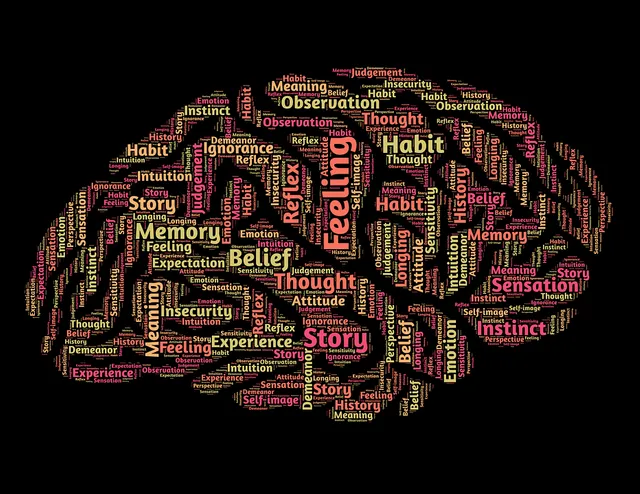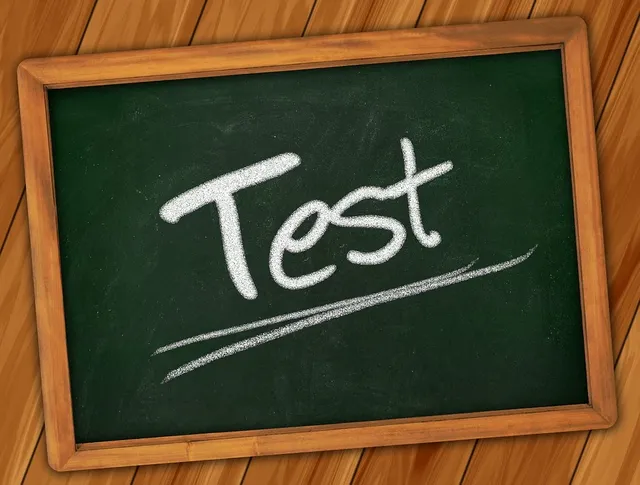What exactly does cognitive intelligence mean? And why should I care? Cognitive intelligence refers to the ability to manage information effectively, solve problems, and adapt to change. This type of intelligence is often associated with creativity, innovation, problem-solving, and leadership. Learn more: https://blog.hirenest.com/cognitive-intelligence-uses-benefits-definition/

As humans, our brains are wired to seek out patterns and relationships. When we see something new or unusual, we tend to ask ourselves questions such as “why?” and “what next?” Cognitive intelligence helps us to identify these patterns and relationships.
The cognitive ability to recruit is one of the most important skills in recruiting because it allows candidates to understand what they will do at work and why they should want to join your company. It also gives them insight into whether they would enjoy working for your organization. In addition, it provides information about the candidate’s strengths and weaknesses so that you can better evaluate his or her potential fit within your team.
What is a cognitive ability test?
Cognitive tests measure our mental abilities by asking us to complete tasks that require certain skills. These include memory, attention, language, reasoning, problem solving, and many others. Some tests are designed to assess specific areas of cognition, like verbal fluency (which measures vocabulary) or working memory (the ability to hold information in mind). Others are designed to evaluate overall cognitive function. You can find out more in our article: https://blog.hirenest.com/cognitive-intelligence-uses-benefits-definition/

The most common types of cognitive assessments used in clinical practice are paper-and-pencil tests and computerized tests. Paper-and-pencil testing requires the patient to answer questions or solve problems using pen and paper. Computerized tests involve the patient completing tasks through a computer program. Both methods provide objective results that can help doctors diagnose dementia and other cognitive impairments.
Is a cognitive ability test the same as an IQ test?
The two tests measure different things. A cognitive ability test measures what we know and how well we do it. An IQ test measures our intelligence.
Cognitive ability tests include tests like memory, attention, language, reasoning, problem solving, and so on. They are used by psychologists, educators, employers, and others who want to evaluate someone's potential.
In contrast, an IQ test looks at how quickly people process information and solve problems. It doesn't look at whether they remember something later or if they understand why something makes sense.
Cognitive Ability Test vs IQ Tests?
The cognitive ability test measures general intelligence. It doesn’t measure specific abilities like math, reading, writing, spelling, etc. The IQ tests measure specific abilities. They don’t measure general intelligence.

What is the difference between the two types of tests? The cognitive ability test is used by schools and employers to determine whether someone has the skills they need to do certain jobs. For example, if you want to become a doctor, you will take this type of test. If you want to work at McDonald’s, you won’t. IQ tests are used by psychologists to help them understand why people think and behave differently from one another. These tests are not used by schools or employers.
Benefits of Cognitive Recruiting
The cognitive recruiting effect refers to the idea that people who are interested in something will do better at it than those who aren’t. This has been shown repeatedly in academic settings where students who were more motivated to study did better than those who weren’t. It’s also true in business settings, where employees who care about what they do tend to perform better than those who don’t.
What does this mean for us? Well, if we want our team members to work well together, we should try to recruit them based on their interests rather than their job titles. If we want our salespeople to close deals, we should look for candidates who are passionate about selling. And if we want our managers to lead by example, we should hire people who are excited about leading others.
Why Is Cognitive Recruitment Important?
The goal of cognitive recruitment is to improve attentional control by increasing the amount of resources available to perform a task. This means that if we want to do something well, we should try to increase our ability to focus on what we’re doing.
In addition to helping us find great talent, cognitive recruitment helps us retain top performers. People who are engaged in their jobs typically stay longer and are less likely to leave. They also tend to be happier and more productive. So, if we want to keep our best workers happy, healthy, and engaged, we should focus on finding ways to engage them.

Couple Reasons to Use a Cognitive Ability Test in Your Recruitment Process
The first reason is that cognitive ability tests provide objective information about candidates’ abilities. They don’t rely on what people say they know or think they do. This makes them useful for comparing candidates who may not be familiar with each other. It also helps recruiters understand which skills are important to their organization. The second reason is that cognitive ability testing provides a way to measure candidate performance across different tasks. If you want to see if someone has improved their performance over time, it’s easier to compare results from one test than from several interviews. A third reason to use cognitive ability tests is that they help identify strengths and weaknesses. For example, if you’re looking at hiring a salesperson, you might ask candidates to complete a verbal reasoning task to find out whether they have strong analytical skills. Or, if you’ve hired someone before and they didn’t perform well on a specific skill, you could give them another opportunity to show off those skills by having them take a new test. In addition to being able to assess cognitive ability, cognitive ability tests can also be used to predict job success. One study found that cognitive ability scores were better at predicting job performance than personality traits like conscientiousness, agreeableness, extraversion, and openness. Another study showed that cognitive ability was a stronger predictor of job performance than IQ.
Conclusion
Cognitive intelligence recruiting (CIR) is a new way to recruit talent using cognitive science principles. It's based on research showing that people make decisions by comparing two options and then choosing the one that feels best. CIR uses this principle to help job seekers find jobs that match their skills and interests. The CIR model was developed by Dr. John Medina at Brigham Young University. It’s based on the idea that we all possess cognitive intelligence, which is our ability to think logically and solve problems. This intelligence is what makes us successful in school, work, relationships, and life in general. If you want to know more about Hiring Temporary Employees: What You Need To Know, read this article: https://blog.hirenest.com/cognitive-intelligence-uses-benefits-definition/